2 August 2020
Zeljko Jovanovic
Director of the OSF Roma Initiatives Office
Statement on the occasion of the European Holocaust Memorial Day for Sinti and Roma 2020
Every August 2, we commemorate our grandmothers and grandfathers who were exterminated in the gas chambers of Auschwitz-Birkenau in 1944. While we pay respect to the victims, it is almost impossible to say something that has not been said already.
Year after year, we repeat that this tragedy was not an event in the distant past. Year after year, we repeat that it was only the most violent episode in our continuous oppression. And, year after year, we repeat that we still face violent racism in its old and new forms.
Peter Hollenreiner, a Holocaust survivor who we lost this week and who we will remember forever, felt this on his own skin. After the war, he removed the number tattooed on his forearm as a prisoner in Auschwitz. But then, a few years later, he decided to have it tattooed again as a protest against the prisons of racism we are in today.
Beyond the words, what has been done since the previous August 2? What have our states done toward our liberation from the prisons of past and present racism?
Recently, the 47 member states of the Council of Europe agreed that they should take action to include Roma history and the remembrance of the Roma Holocaust in formal and non-formal education. In diplomatic terms, this is a big achievement. If we look at it from a historical perspective, though, might this be too slow and too late? Will it take another few decades for children, youth and the general population to start properly learning how racism led to the Roma genocide and how it shapes the Roma experience today? For how long will they grow up in the ignorance and prejudice that reinforces anti-Roma racism and supports far-right politics?
As long as politicians lack the moral courage to lift up this issue, above crude electoral calculation, the far right will continue to grow. The growth of far-right extremism and terrorism in Germany, Hungary, Italy and other countries is a clear sign that the poison of Europe’s genocidal past has not been eradicated from the politics that determines Europe’s future. This is not only a danger for Roma. It is a danger for all who believe that democracy, the rule of law and human rights are at the core of European values. We know where it will lead if Europeans give up on these values—to the destruction of Europe.
When public officials speak on August 2, therefore, we need them to speak with urgency and the determination for action so that memorials are built, schools and universities teach, museums present, research institutes document, and media and cinemas broadcast how racism led to the Roma genocide and how it hurts the Roma and Europe today. Only then will we know that the Roma lives lost in Auschwitz really matter and that remembrance has made us better as a people, collectively responsible for those living and those yet unborn.
Statements
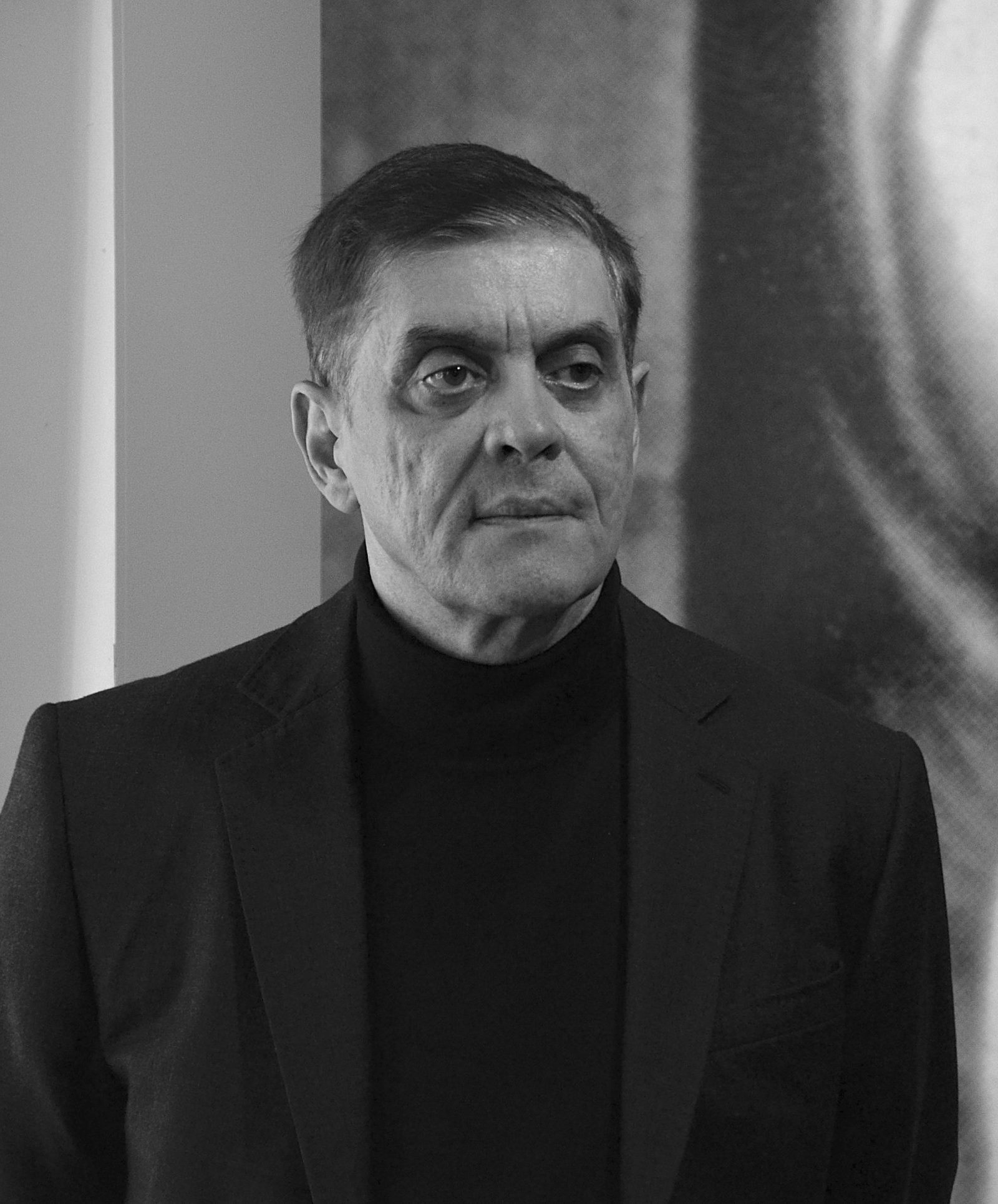
Romani Rose
Chairman of the Central Council of German Sinti and Roma

Katarina Barley
Vice President of the European Parliament

Helena Dalli
European Commissioner for Equality

Mehmet Daimagüler
Dr. Mehmet Daimagüler, Antigypsyism Commissioner of the Federal Government

Roberta Metsola
Roberta Metsola, President of the European Parliament

Claudia Roth
Vice President of the German Bundestag
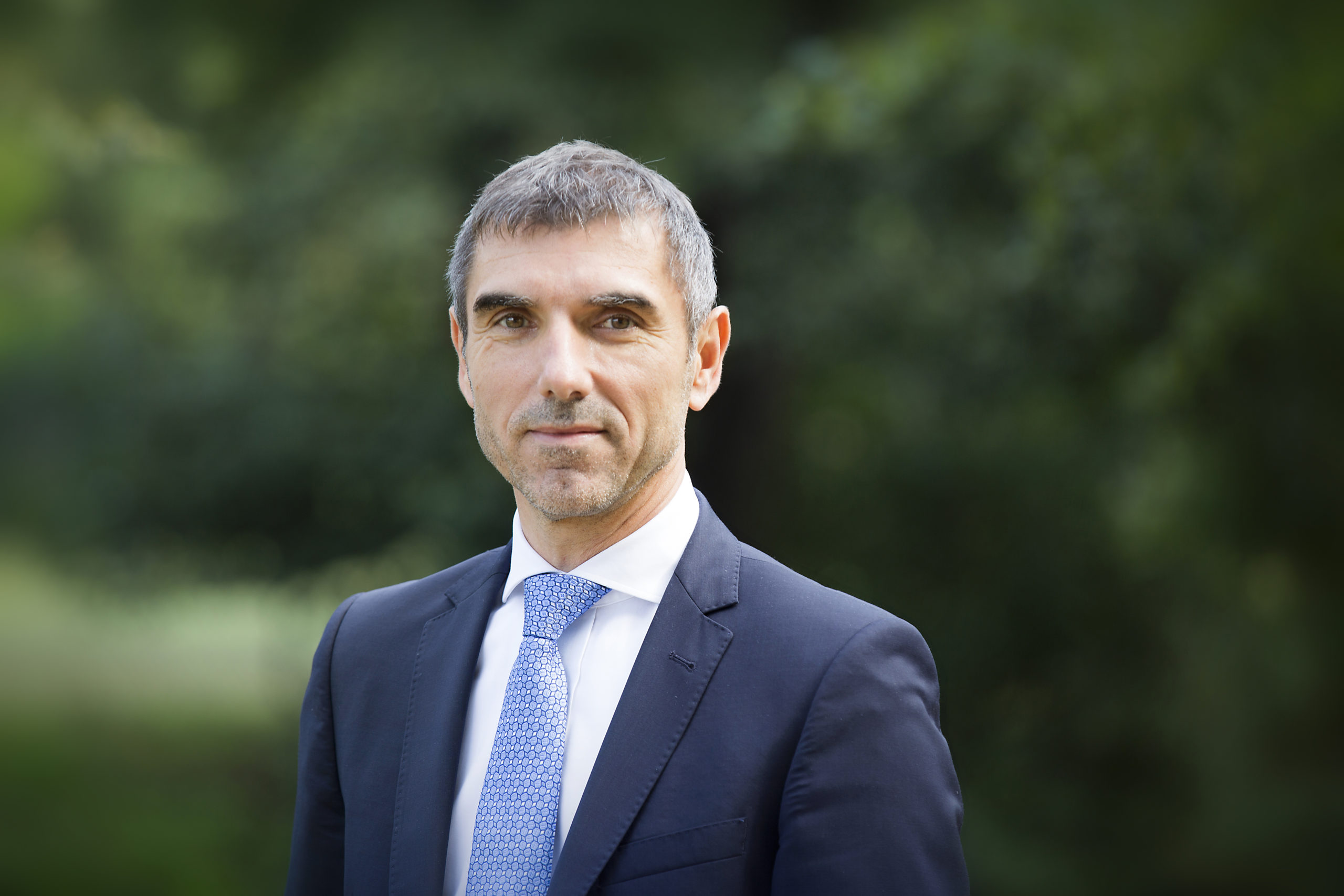
Paul Blokhuis
Dutch State Secretary Paul Blokhuis
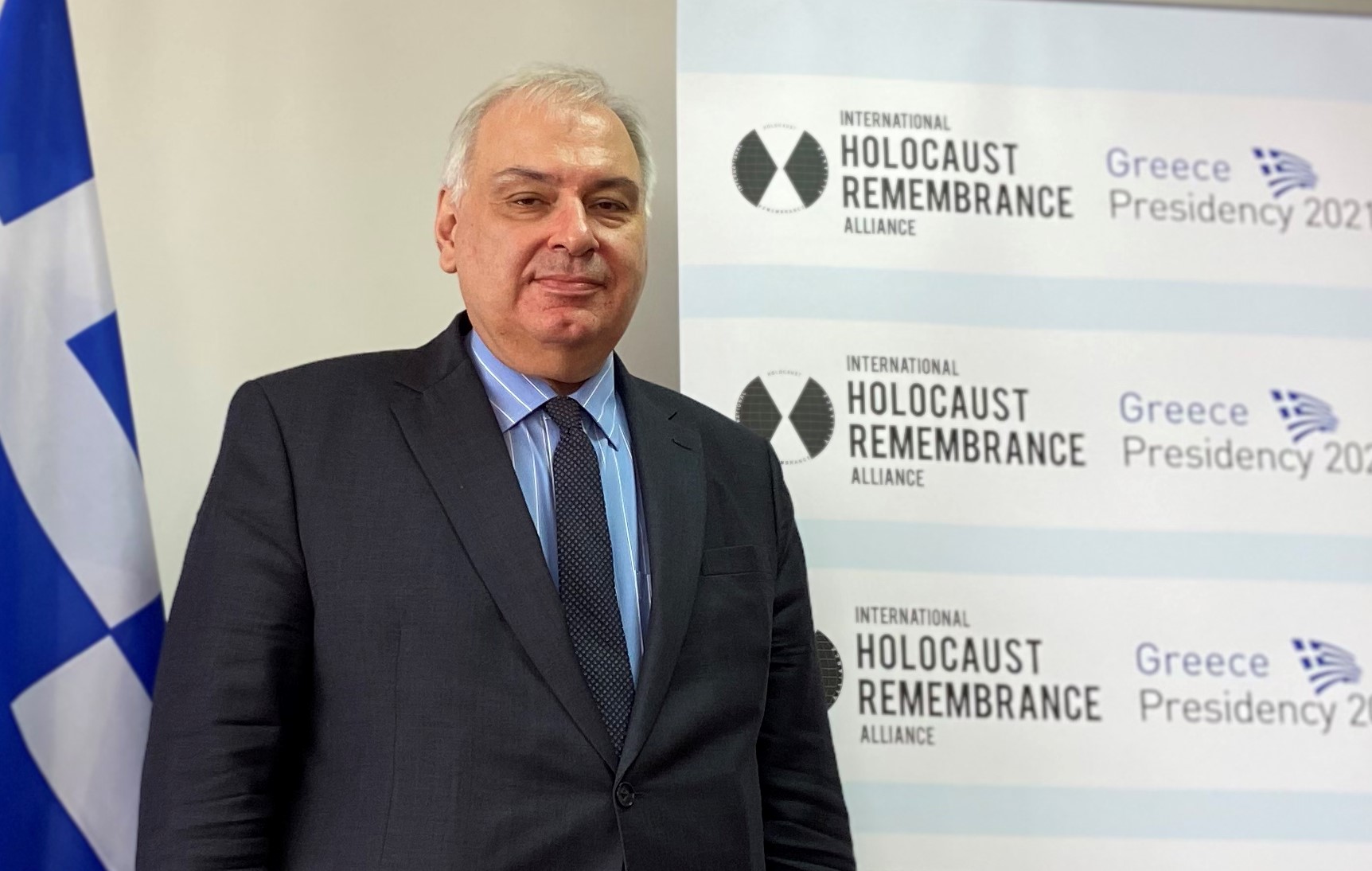
Chris J. Lazaris
Amb. Chris J. Lazaris, IHRA Chairman
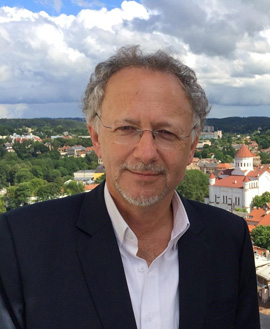
Fernand des Varennes
UN Special Rapporteur UN minorities

Anna-Nicole Heinrich
President of the Synod of the Evangelical Church in Germany (EKD)

Justin Trudeau
Prime Minister of Canada
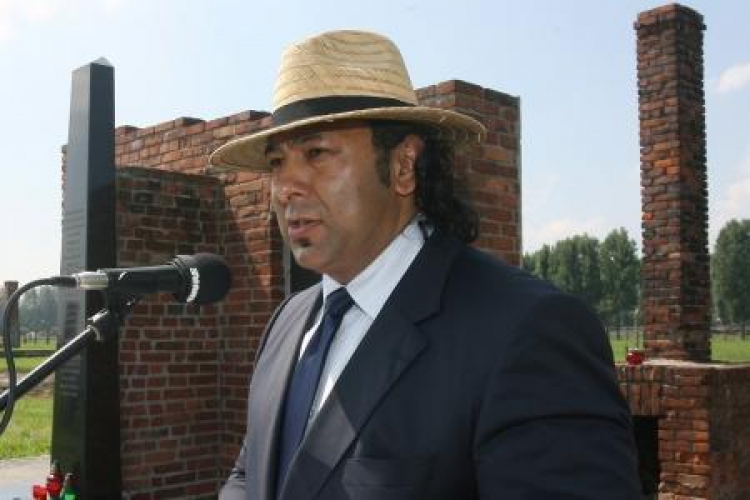
Roman Kwiatkowski
Chairman of the Association of Roma in Poland
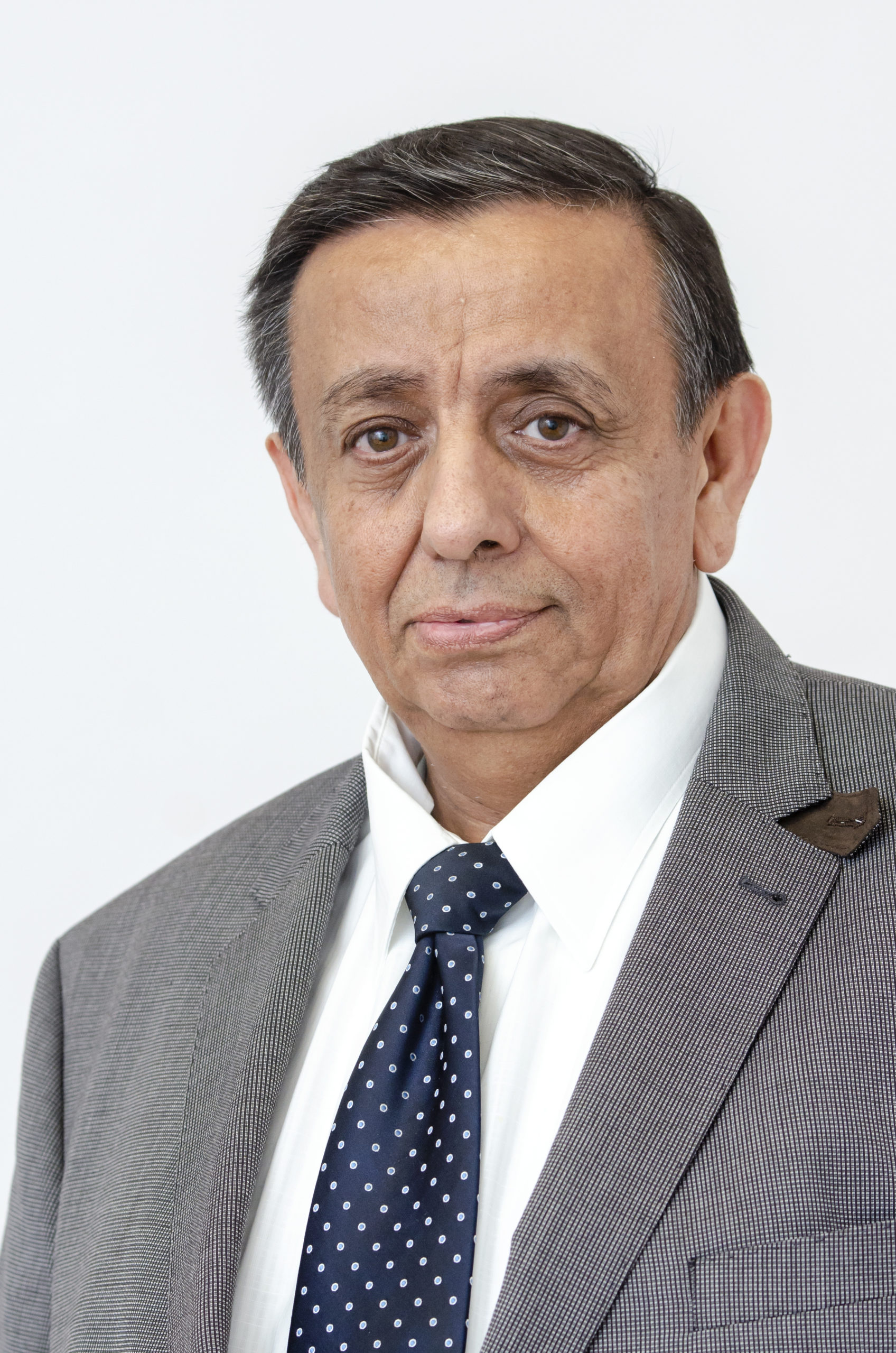
Erich Schneeberger
Deputy Chairman of the Documentation and Cultural Center of German Sinti and Roma and Chairman of the Association of German Sinti and Roma

Timea Junghaus
Executive Director
European Roma Institute for Arts and Culture (ERIAC)
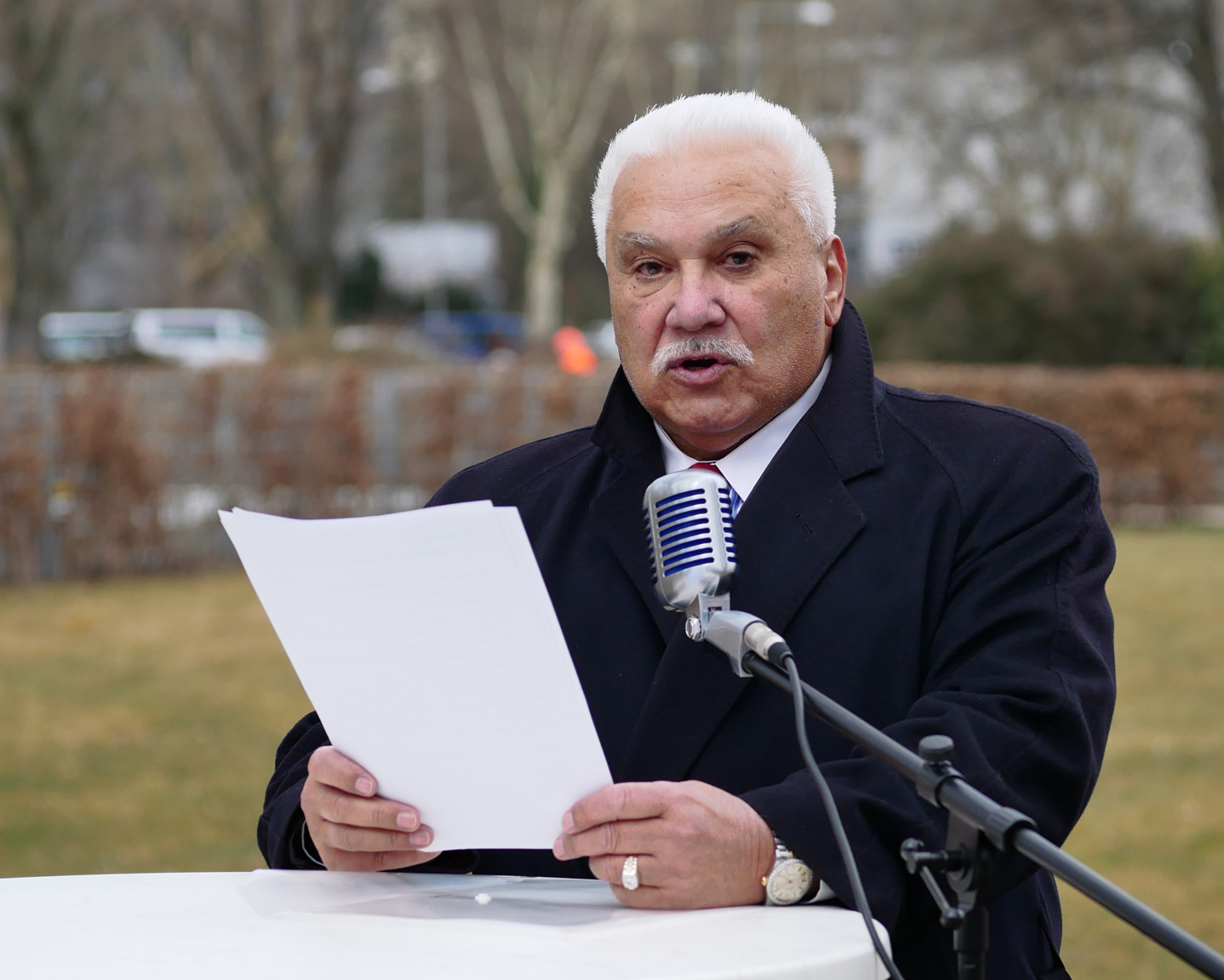
Adam Strauß
Chairman of the Council of German Sinti and Roma in Hesse

Manon Aubry
Manon Aubry, MEP
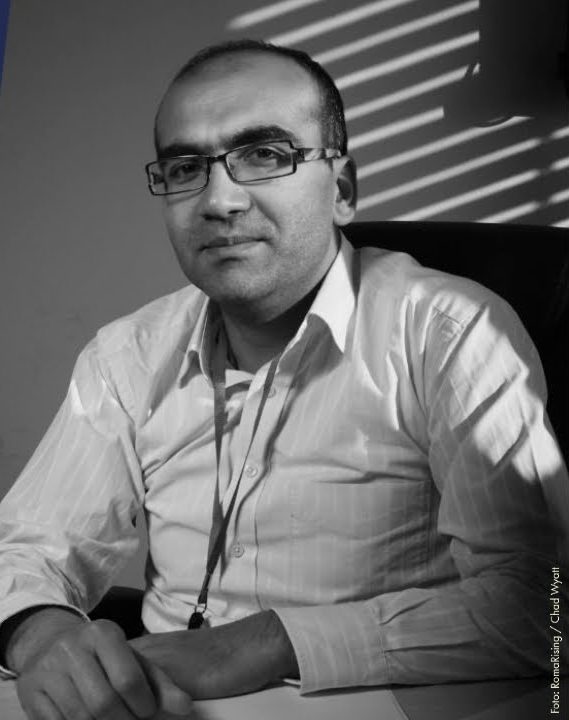
Adrian-Nicolae Furtuna
Historian at the University of Bucharest
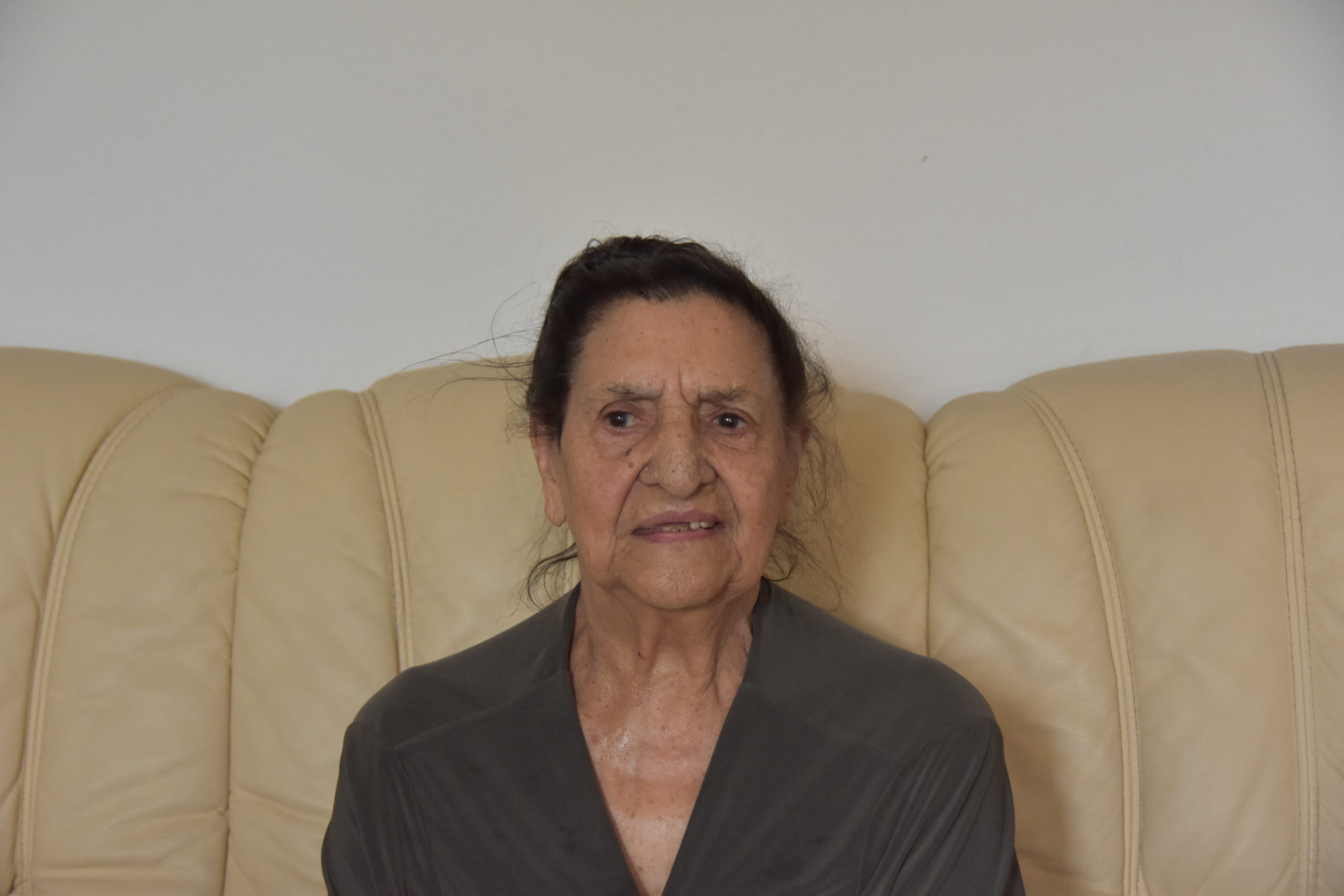
Philomena Franz
Holocaust Survivor

Angelina Kappler
German former Weinkönigin
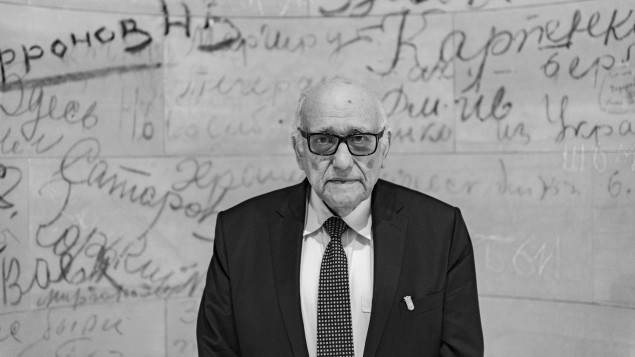
Marian Kalwary
Chairman of the Association of Jews,
Survivors and Victims of the Second World War










